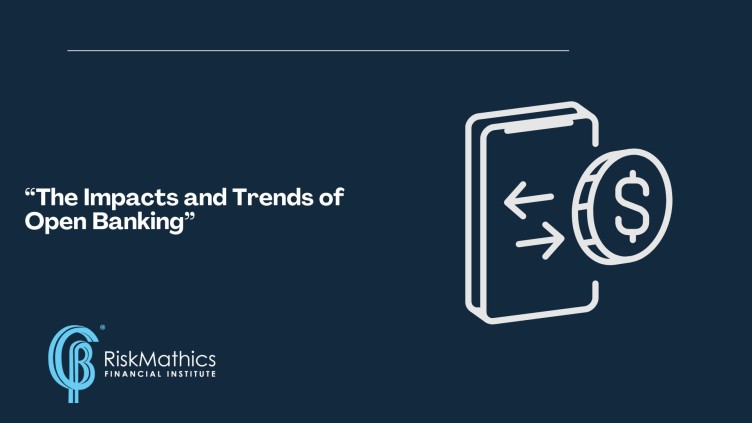Introduction:
Open Banking, this financial innovation is reshaping the banking industry by enhancing transparency, fostering competition, and providing consumers with personalized financial services. As we navigate through its impacts and trends, we aim to provide you with comprehensive insights into how Open Banking is setting the stage for a new era in financial services.
Impact on Financial Ecosystem
Open Banking is revolutionizing the way financial data is shared and utilized, enabling third-party developers to create innovative financial services and products. This democratization of financial data is empowering consumers with better control over their finances, leading to improved financial health and decision-making.
Trends to Watch
- Increased Adoption: With regulatory support in regions like the EU and UK, Open Banking is rapidly gaining traction worldwide.
- Innovative Solutions: The rise of fintech startups and traditional banks adopting Open Banking principles is leading to the creation of cutting-edge solutions in payments, lending, and wealth management.
- Enhanced Security: Advances in encryption and authentication are making Open Banking safer for consumers and businesses.
- Collaboration between Banks and Fintechs: This synergy is crucial for the development of consumer-centric services that cater to the evolving demands of the digital age.
Conclusion
Open Banking is not just a trend; it’s a movement towards a more inclusive, transparent, and efficient financial ecosystem. As it continues to evolve, its potential to transform the financial landscape is limitless. Embracing this change is essential for stakeholders across the financial spectrum to remain competitive and relevant.
Sources
- Financial Conduct Authority (FCA)
- European Banking Authority (EBA)
Learn more at: https://riskmathics.com/landing/IB24

